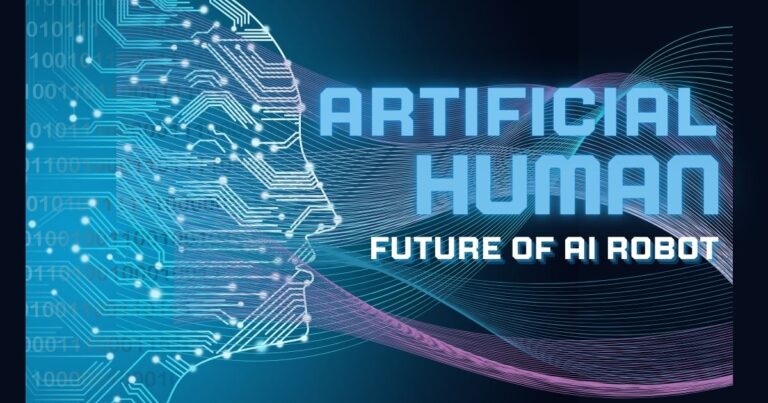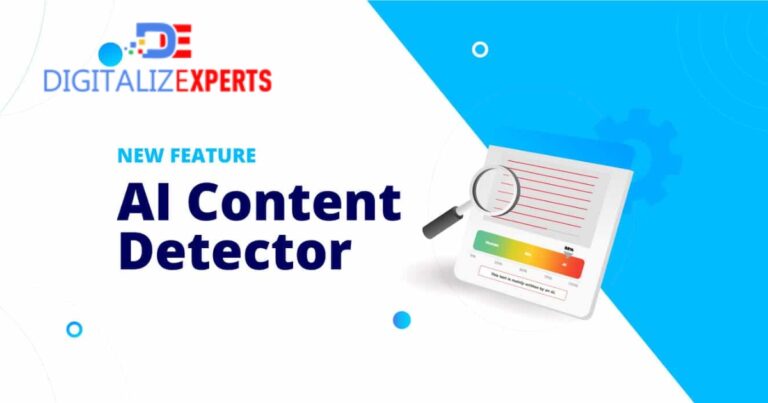Introduction: The AI Revolution and the Human Touch
The rise of artificial intelligence (AI) and robotics has sparked both excitement and anxiety. From self-checkout kiosks to chatbots, automation is reshaping industries, leading many to wonder: Will a robot take my job? While it’s true that repetitive, rule-based roles are increasingly vulnerable, not all jobs face the same risk. Certain professions rely on distinctly human qualities—empathy, creativity, ethical judgment, and adaptability—that machines struggle to replicate. In this article, we’ll explore the jobs likely to withstand the AI revolution and why they’ll remain in human hands for decades to come.
Why Some Jobs Are Harder to Automate
Before diving into specific roles, let’s unpack the traits that make certain jobs “automation-proof”:
- Emotional Intelligence: Jobs requiring empathy, compassion, or nuanced communication.
- Creativity and Originality: Roles demanding innovation, artistic expression, or unconventional problem-solving.
- Ethical Decision-Making: Professions where moral judgment and accountability matter.
- Physical Dexterity in Unpredictable Environments: Tasks needing adaptability in chaotic or variable settings.
- Highly Specialized Expertise: Work requiring years of training, intuition, or context-sensitive knowledge.
Machines excel at speed, precision, and data analysis. But they lack the human spark—the ability to read a room, inspire trust, or navigate ethical gray areas. Let’s see how these factors play out in real-world careers.
1. Healthcare Providers: The Heart of Human Care
Roles: Nurses, doctors, therapists, surgeons, palliative care workers.
Why Humans Stay Essential:
Healthcare isn’t just about diagnosing symptoms; it’s about connecting with patients during vulnerable moments. While AI can analyze medical images or suggest treatments, it can’t hold a grieving family member’s hand or adjust care based on a patient’s unspoken fears. Surgeons, for instance, combine technical skill with split-second judgment in high-stakes scenarios—think navigating unexpected complications during surgery. Similarly, therapists rely on emotional rapport to help clients heal, a dynamic no algorithm can authentically recreate.
The Counterargument:
Yes, AI-powered tools like IBM Watson can assist in diagnostics, but they’re supplements—not replacements—for human expertise. As Dr. Jane Smith, a neurologist, puts it: “AI might spot a tumor, but it won’t sit with a patient to explain their options with kindness.”
2. Creative Professionals: Where Art Meets Soul
Roles: Writers, artists, musicians, filmmakers, designers.
Why Humans Stay Essential:
Creativity is more than generating outputs—it’s about channeling human experiences, emotions, and cultural context. AI can compose music or paint in the style of Van Gogh, but it lacks intent or a story to tell. A novelist’s ability to weave trauma, joy, or societal critique into a narrative stems from lived experience. Similarly, a graphic designer might blend client feedback with abstract concepts like “nostalgia” or “rebellion,” requiring intuition no dataset can mimic.
The Caveat:
Tools like ChatGPT or DALL-E are revolutionizing content creation, but they follow patterns, not inspiration. As artist Lila Chen remarks: “AI can replicate a sunset, but it can’t remember watching one with someone you love.”
3. Skilled Trades: Masters of the Unpredictable
Roles: Electricians, plumbers, HVAC technicians, carpenters.
Why Humans Stay Essential:
Imagine a robot trying to fix a leaky pipe in a 100-year-old home with quirky DIY “upgrades” by previous owners. Skilled trades demand adaptability to unpredictable environments, problem-solving with incomplete information, and physical coordination. Robots struggle with tasks like threading wires through cramped spaces or improvising solutions when standard procedures fail.
The Trend:
While robotic arms excel in controlled factory settings, real-world trade work is messy and unique. As contractor Mark Rivera notes: “Every job site has its own surprises. You need a human who can think on their feet.”
4. Educators and Mentors: Shaping Minds, Not Just Facts
Roles: Teachers, professors, career coaches, corporate trainers.
Why Humans Stay Essential:
Teaching isn’t just about delivering information—it’s about inspiring curiosity, tailoring lessons to individual needs, and fostering critical thinking. A great teacher reads a student’s frustration and adjusts their approach, while a mentor provides career advice rooted in emotional intelligence. AI tutors like Khan Academy’s bots are fantastic for drills, but they can’t host a spirited classroom debate or nurture a student’s self-esteem.
The Data:
A 2023 World Economic Forum report highlights that “social skills” like mentoring will be among the most demanded traits by 2030, as automation reshapes technical roles.
5. Leaders and Strategists: Steering the Ship
Roles: CEOs, nonprofit directors, military strategists, policymakers.
Why Humans Stay Essential:
Leadership requires vision, ethical trade-offs, and the ability to motivate teams—qualities rooted in human psychology. Should a company prioritize profit or sustainability? How does a mayor balance economic growth with community well-being? These decisions involve values, cultural context, and long-term consequences. While AI can analyze market trends, it can’t weigh moral dilemmas or inspire a workforce during a crisis.
The Exception:
AI is already used for data-driven decision support (e.g., optimizing supply chains), but the final call rests with humans accountable for outcomes.
6. Emergency Responders: Courage Under Chaos
Roles: Firefighters, paramedics, search-and-rescue teams.
Why Humans Stay Essential:
Emergencies are messy, fast-evolving, and emotionally charged. A firefighter must assess a burning building’s risks while rescuing trapped residents, adapting to collapsing structures or changing winds. Similarly, paramedics make life-saving decisions en route to hospitals, often relying on instinct honed through experience. Robots can assist (e.g., drones surveying disaster zones), but human courage and adaptability remain irreplaceable.
7. Scientific Researchers and Philosophers: Exploring the Unknown
Roles: Theoretical physicists, clinical researchers, ethicists.
Why Humans Stay Essential:
Pioneering scientific breakthroughs often involves leaps of imagination and questioning established norms. While AI can process data faster, it doesn’t “wonder” about the nature of dark matter or design experiments to test radical hypotheses. Similarly, ethicists grapple with questions like “Should we edit human genes?”—debates requiring philosophical reasoning beyond binary logic.
The Collaboration:
AI accelerates research (e.g., drug discovery), but humans drive the questions and interpret results.
8. Personal Care and Service Roles: The Human Connection
Roles: Childcare workers, elder care providers, hairstylists, massage therapists.
Why Humans Stay Essential:
Humans crave connection. A toddler bonds with a caregiver’s voice and warmth, while seniors in assisted living thrive on companionship. These roles depend on emotional presence and tactile skills—like a hairstylist crafting a client’s “signature look” through conversation and intuition. Robots might assist with lifting patients or mixing hair dye, but they can’t replace the trust built through years of personal interaction.
The Future of Work: Collaboration, Not Competition
Rather than a dystopian takeover, the future will likely see humans and AI working synergistically. Radiologists use AI to flag potential tumors, freeing them to focus on patient care. Architects employ generative design tools to brainstorm ideas, then refine them with human artistry. The key lies in reskilling: nurturing creativity, emotional intelligence, and interdisciplinary thinking—skills that complement, rather than compete with, machines.
Conclusion: Embracing Our Humanity
While AI will continue to disrupt industries, jobs centered on human connection, creativity, and judgment will endure. Rather than fearing obsolescence, we can lean into what makes us uniquely human: our ability to love, create, inspire, and navigate life’s uncertainties. As technology evolves, so too will our opportunities to innovate and connect—ensuring that, no matter how advanced robots become, there will always be work only humans can do.






